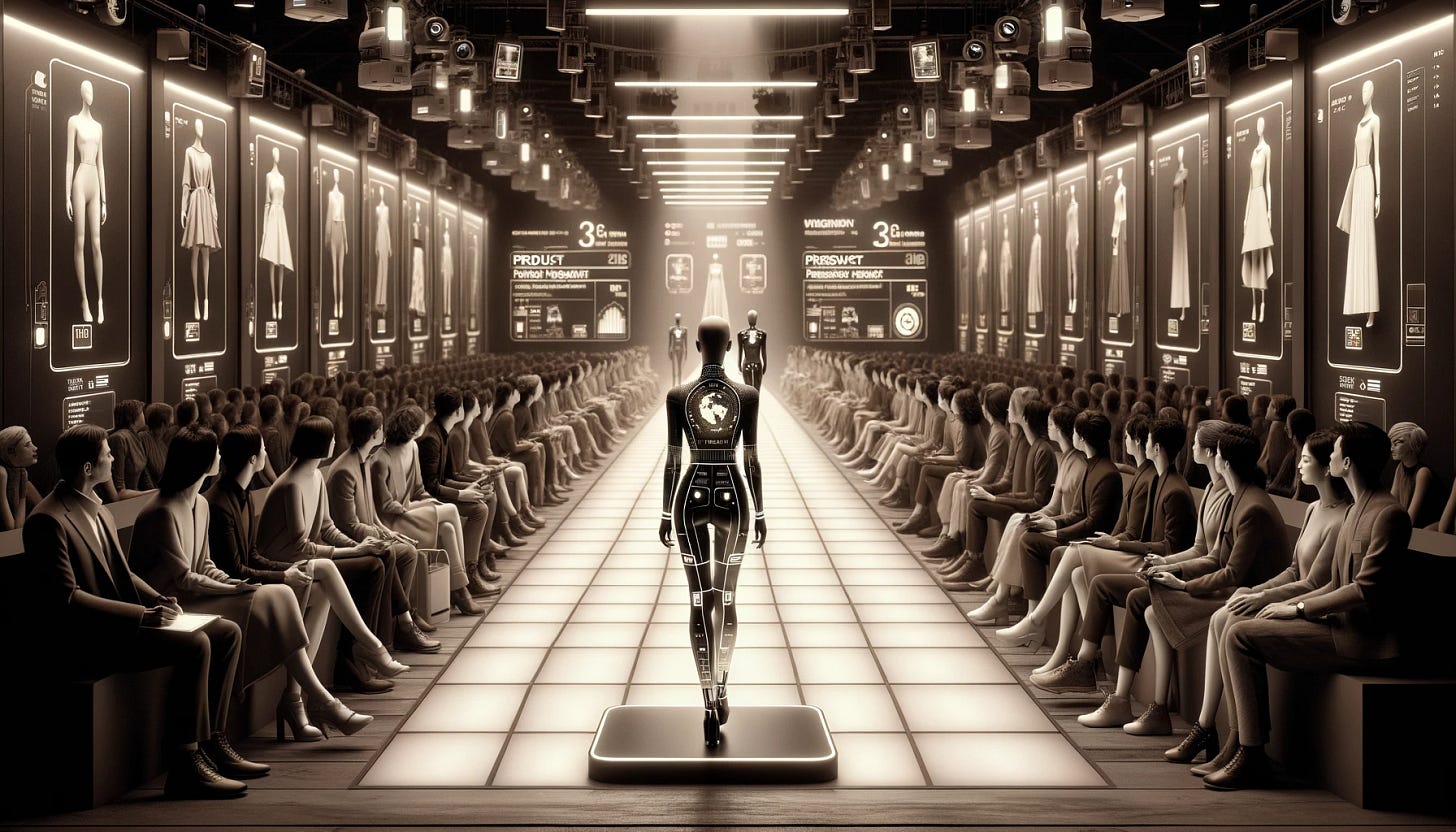Sacrificing Consumer Privacy at the Altar of Sustainability
How the EU’s Digital Product Passports Usher in an Era of Unprecedented Consumer Monitoring
Dare we entertain the notion of “carbon passports,” a concept draped in the guise of combating climate change, yet beneath its surface, it festers with implications dire for the very fabric of our civil liberties.
This scheme, ostensibly aimed at heralding an era of green consciousness, covertly inaugurates an age of surveillance, marking every footprint, breath, and choice with the indelible ink of scrutiny.
If you appreciate my articles, please consider giving them a like. It's a simple gesture that doesn't cost you anything, but it goes a long way in promoting this post, combating censorship, and fighting the issues that you are apparently not a big fan of.
To those who champion this invasive measure under the banner of environmental stewardship, I challenge you to peer deeper into the abyss it opens. Consider the Orwellian reality it ushers in—every movement, every joule of energy consumed, cataloged, and judged. Is this the price of our green future? An exchange of freedom for sustainability?
Critics, myself included, argue not against the goal but the means, which are fundamentally flawed and ethically questionable. The underbelly of this proposition reveals a potential for rampant discrimination.
The less affluent, already marginalized by the existing socio-economic chasms, stand to be further alienated. Bereft of the luxury to choose greener pastures, they are to be penalized under this new regime, deepening the grooves of social inequality. The vision of carbon passports inadvertently sketches a future where environmental virtue becomes the exclusive domain of wealth, a luxury badge inaccessible to the many.
Imagine a world partitioned by carbon classism, where the rich glide freely on their green credentials while the less fortunate are shackled to the ground, their movements curtailed, their choices condemned. Such a system not only maligns the very principle of equality but also mocks the essence of freedom, reducing it to a commodity traded among those who can afford to be virtuous.
This narrative, while advocating for a greener earth, neglects to address the holistic essence of sustainability that includes social cohesion and equity. To predicate our environmental salvation on mechanisms that divide, surveil, and discriminate is to walk a path fraught with moral peril.
While free content and knowledge is undoubtedly something amazing, creating and maintaining it requires a significant investment of time, money, and effort. I don't have the support of a massive media conglomerate; it's just me here. Regrettably, Klaus is still not providing me with free insects to eat. So, if you have the means and are willing to support my work by upgrading to a paid subscription, I would greatly appreciate it.


